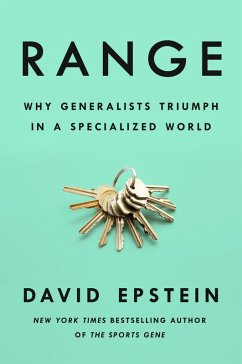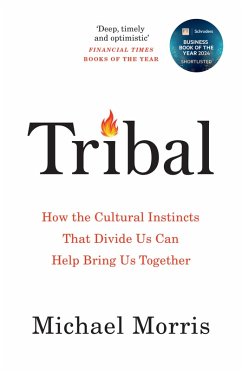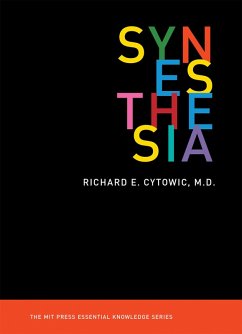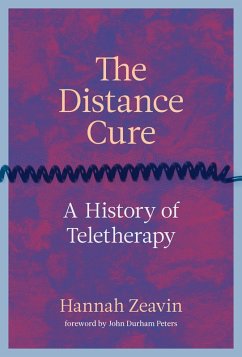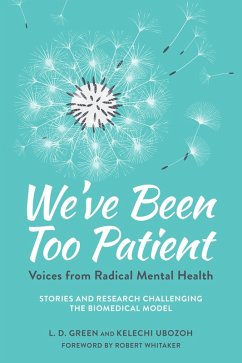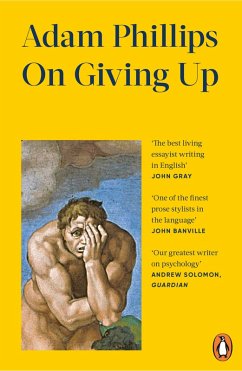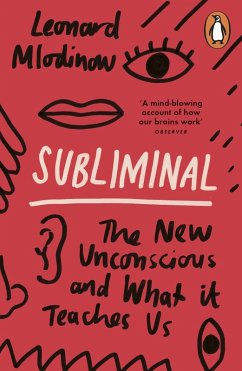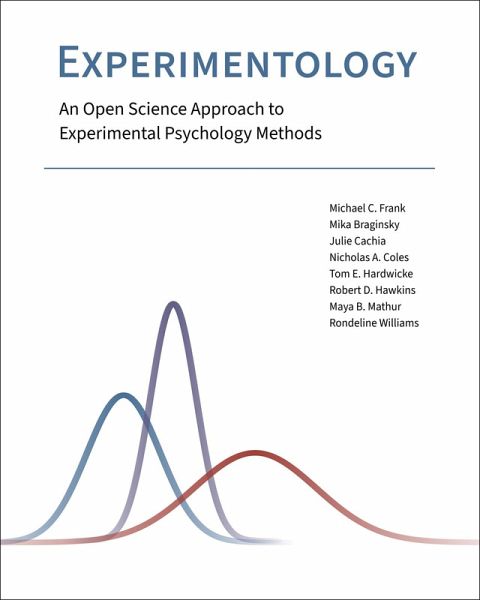
Experimentology (eBook, ePUB)
An Open Science Approach to Experimental Psychology Methods
Versandkostenfrei!
Sofort per Download lieferbar
47,95 €
inkl. MwSt.
Weitere Ausgaben:

PAYBACK Punkte
24 °P sammeln!
An engaging research methods text integrating a classic approach to conducting experiments in psychology with open science practices and values. How does a researcher run a high-quality psychology experiment? What time-tested methods should be used, and how can more robust and accurate results be achieved? A dynamic collaboration between groundbreaking cognitive scientist Michael Frank and a diverse cohort of researchers innovating in the field-Mika Braginsky, Julie Cachia, Nicholas Coles, Tom Hardwicke, Robert Hawkins, Maya Mathur, and Rondeline Williams-Experimentology introduces the art of ...
An engaging research methods text integrating a classic approach to conducting experiments in psychology with open science practices and values. How does a researcher run a high-quality psychology experiment? What time-tested methods should be used, and how can more robust and accurate results be achieved? A dynamic collaboration between groundbreaking cognitive scientist Michael Frank and a diverse cohort of researchers innovating in the field-Mika Braginsky, Julie Cachia, Nicholas Coles, Tom Hardwicke, Robert Hawkins, Maya Mathur, and Rondeline Williams-Experimentology introduces the art of the modern psychological experiment with an emphasis on open science values of accessibility and transparency. Experimentology follows the timeline of an experiment, with sections covering basic foundations, planning, execution, data-gathering and analysis, and reporting. Narrative examples from a range of subdisciplines, including cognitive, developmental, and social psychology, model each component and account for the pitfalls that can undermine the reliability, validity, and replicability of results. Through an embrace of open science strategies such as data sharing and preregistration, Experimentology shows how the challenges of the replication crisis can be met constructively and collaboratively. Written for a global audience, Experimentology updates a classic research methods textbook with a new focus on ethics and the benefits of open science.
Dieser Download kann aus rechtlichen Gründen nur mit Rechnungsadresse in A, B, BG, CY, CZ, D, DK, EW, E, FIN, F, GR, HR, H, IRL, I, LT, L, LR, M, NL, PL, P, R, S, SLO, SK ausgeliefert werden.






